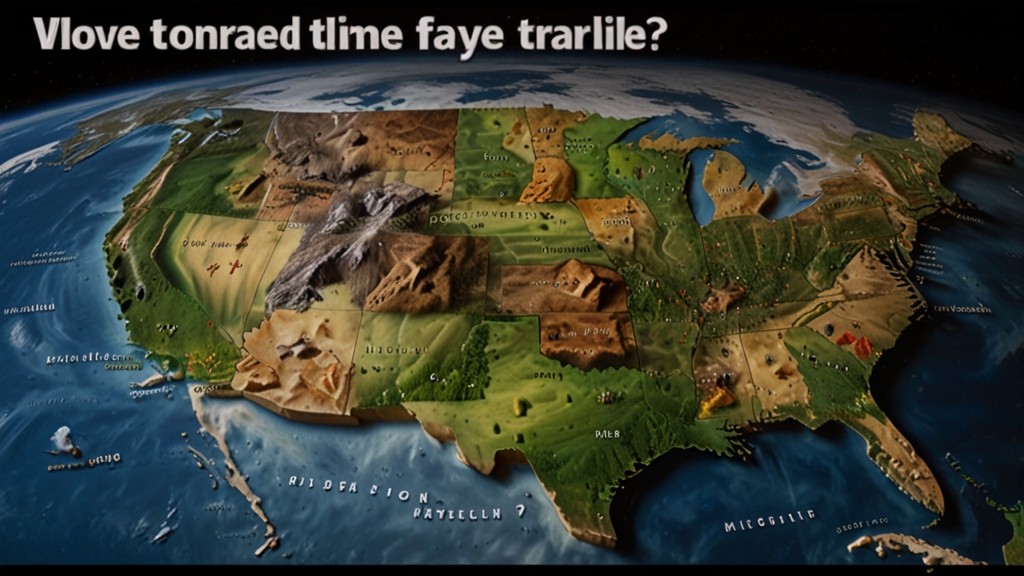The Influence of Culture on Ethics: A Complex Relationship
Culture and ethics are deeply intertwined, affecting each other in myriad ways that are both overt and subtle. Culture, in its broadest sense, encompasses the beliefs, norms, values, and practices that characterize a particular social group. Ethics refers to the moral principles that govern human behavior. The relationship between these two facets of society is complex, as culture shapes ethical perspectives, and moral frameworks, in turn, influence cultural development.
Understanding Cultural Variation in Ethics
Cultural diversity leads to a variety of ethical standards across different societies. For example, in some cultures, communal living and sharing resources are considered ethical norms, whereas in others, individual ownership and personal responsibility are valued more highly. This variation can be traced back to the historical, environmental, and social conditions that each culture evolved within.
For instance, in many indigenous cultures, ethical behavior is closely linked to living in harmony with nature. These communities often possess a deep sense of stewardship for the environment, a value that is reflected in their ethical teachings and practices. Conversely, Western cultures, which have historically emphasized industrial growth and technological progress, may prioritize ethics that support innovation and personal achievement.
"Our cultural background does more than just inform our values and moral codes; it shapes our very perception of what is right and wrong, creating a diverse tapestry of ethical beliefs across the globe."
The Role of Cultural Norms in Shaping Ethical Behavior
Cultural norms play a pivotal role in dictating what is considered ethical behavior within a society. These norms are often enshrined in traditions, religious teachings, and societal expectations, providing a framework for individuals to navigate moral dilemmas. In many cases, ethical behavior is aligned with cultural expectations, leading to social cohesion and a shared sense of identity.
However, this alignment can also lead to ethical conflicts, particularly in multicultural environments where diverse cultural norms coexist. For example, practices considered ethical in one cultural context—such as arranged marriages—may be deemed unethical in another. Such disparities highlight the challenges of establishing universal ethical standards in a globalized world.
Globalization and Ethical Convergence
The increasing interconnectedness of our world has prompted significant ethical convergence, where global values influence local ethical standards. Global institutions, such as the United Nations, advocate for human rights and ethical principles that transcend cultural boundaries. These efforts aim to create a baseline of ethical standards that can be applied universally, fostering a more equitable and just world.
Nevertheless, the process of ethical convergence is not without its tensions. Critics argue that imposing universal ethical standards can undermine cultural identity and self-determination. Balancing respect for cultural diversity with the pursuit of global ethical norms requires a nuanced approach, one that acknowledges the complexities of the relationship between culture and ethics.
"The interplay between local traditions and global ethical standards necessitates a dialogue that respects cultural differences while striving for common ethical ground."
Conclusion
The influence of culture on ethics is a multifaceted and evolving dynamic, shaped by historical contexts, social norms, and global interactions. Recognizing the diversity of ethical perspectives rooted in cultural contexts underscores the importance of cultural sensitivity and ethical pluralism. As societies continue to interact on a global scale, fostering an ethical dialogue that embraces diversity while seeking shared values will be essential for addressing the moral challenges of our time.
Ultimately, the complex relationship between culture and ethics enriches our understanding of humanity's moral landscape, highlighting the importance of empathy, open-mindedness, and respect in navigating the ethical dilemmas of the modern world.







